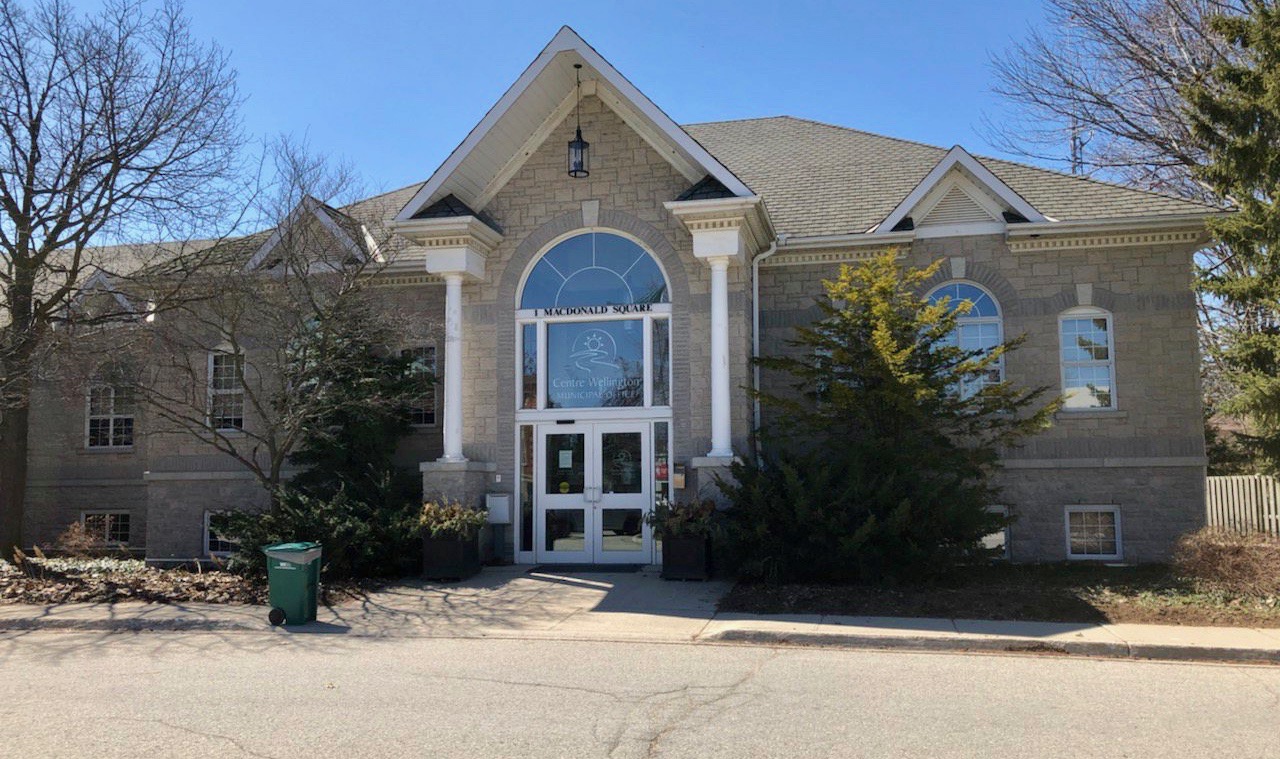ELORA – All of Centre Wellington – downtowns, areas within the urban boundary, and rural areas – is now considered part of the township’s Community Improvement Plan (CIP) area and is therefore eligible for CIP grants.
That was one of many updates to the CIP adopted by council on Nov. 27.
A CIP offers financial incentives to private property owners to rehabilitate, reuse, and redevelop their property in ways that benefit the township overall.
Early in the review process, council was clear the grants should not just apply to properties in downtown areas.
As well, several key policy issues have emerged since the original CIP policy in 2015, including the need to increase rental housing supply, to promote economic growth and diversification, to support value-added agri-businesses, and to encourage environmentally sustainable building improvements and developments.
Luciano Piccioni, president of RCI Consulting, contracted by the township to update the CIP, said his firm is also working on updating the county’s Invest Well program, so there are synergies between the two programs.
Piccioni has carved the township into nine subgroups as determined by the township and county official plans. They include:
- the central business districts (CBDs) of Fergus and Elora-Salem;
- highway commercial;
- industrial;
- mixed use;
- residential;
- residential transition;
- prime agricultural;
- rural employment area; and
- hamlet area.
There are seven possible CIP programs the township might fund.
Grants could be given to cover the cost of studies, façade and property improvements, building improvement grants, rental housing grants, rental housing development charges deferrals, tax increment equivalent grants (TIEG) and brownfields tax assistance program (TAP).
Each program has a cap on grants, ranging from $10,000 to $15,000 depending on the program.
Updated program
Highlights of the updated program include: a former loan program has been converted to a grant program; the TIEG now lasts for five years to align with the county’s program; there’s a new rental housing grant; and the brownfield program now offers three years of tax abatement.
“This is very much an enabling plan,” Piccioni said, noting council can offer all, some or none of the programs.
“And council can change the (financial amounts) at any time.”
The CIP grant program is administered by the township’s economic development office. Council also delegated authority to a team of senior staffers, who will assess and approve applications.
The amounts allocated to the programs will be determined annually during the budget process.
“The adoption of the updated CIP is a requirement for making incentive programs available,” states the report by economic development coordinator Sally Litchfield.
“The program details themselves are an implementation matter.
“Following adoption of the CIP, it will be up to the township to create an implementation plan for the CIP.
“The township may choose not to make all of the programs available at any given time, subject to the availability of township funds and other resources.”
Council had no issues with the plan and unanimously approved the updated program.
Details of what may be included in each program can be found in council’s Nov. 27 agenda package.




